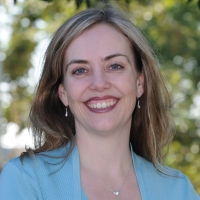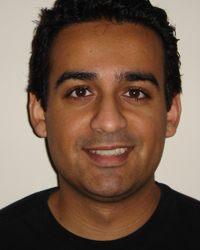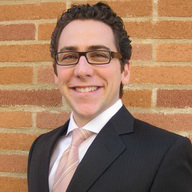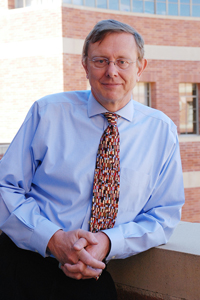Video games that read your mind. A bike that you run on instead of pedal. Really, what could be more California than Stanford’s annual Cool Product Expo? We spoke with Amanda Kaye Boaz, a second-year MBA student at Stanford GSB and co-organizer of this geek- and green-friendly celebration of innovative products.
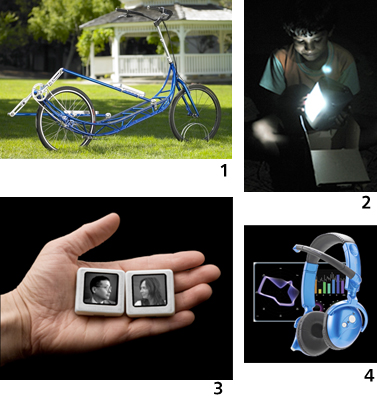
Four products at this year's event: 1) Elliptigo Glide Bike; 2) D.Light Design's efficient LED lighting; 3) Siftables; and 4) NeuroSky's video game
First of all, what is the Cool Product Expo?
Last year we had about 800 attendees, including current students, alumni, local professionals, press, etc. It’s open to anybody. It is the largest student-run event on campus, and we are really fortunate because of our location in the Bay Area. There are a lot of start-ups that come out with really cool, innovative products.
We typically get about 50 exhibitors from around the area who are launching products that we think are really innovative and cutting-edge. For instance, this year we are having someone over who found a way to let you play video games with your mind. They have neurosensors that they attach to your head, and with these you can actually move the characters on the video game.
So, I assume most of the “cool” products are high-tech things.
By the nature of where we are located we have a little more technology, but it’s not just technology. We will have clean-tech cars, and Cal Cars that convert Priuses into plug-in electric vehicles. Last year, we had GM come with their electric vehicle. We are hoping to get them to come again this year.
It’s a lot of everything. We have a number of booths for current student projects. We’re having people in the engineering school who made irrigation systems for developing countries, and another student coming who is bringing an extension for people who don’t have use for their hands, so they can actually play golf.
Continue reading →
